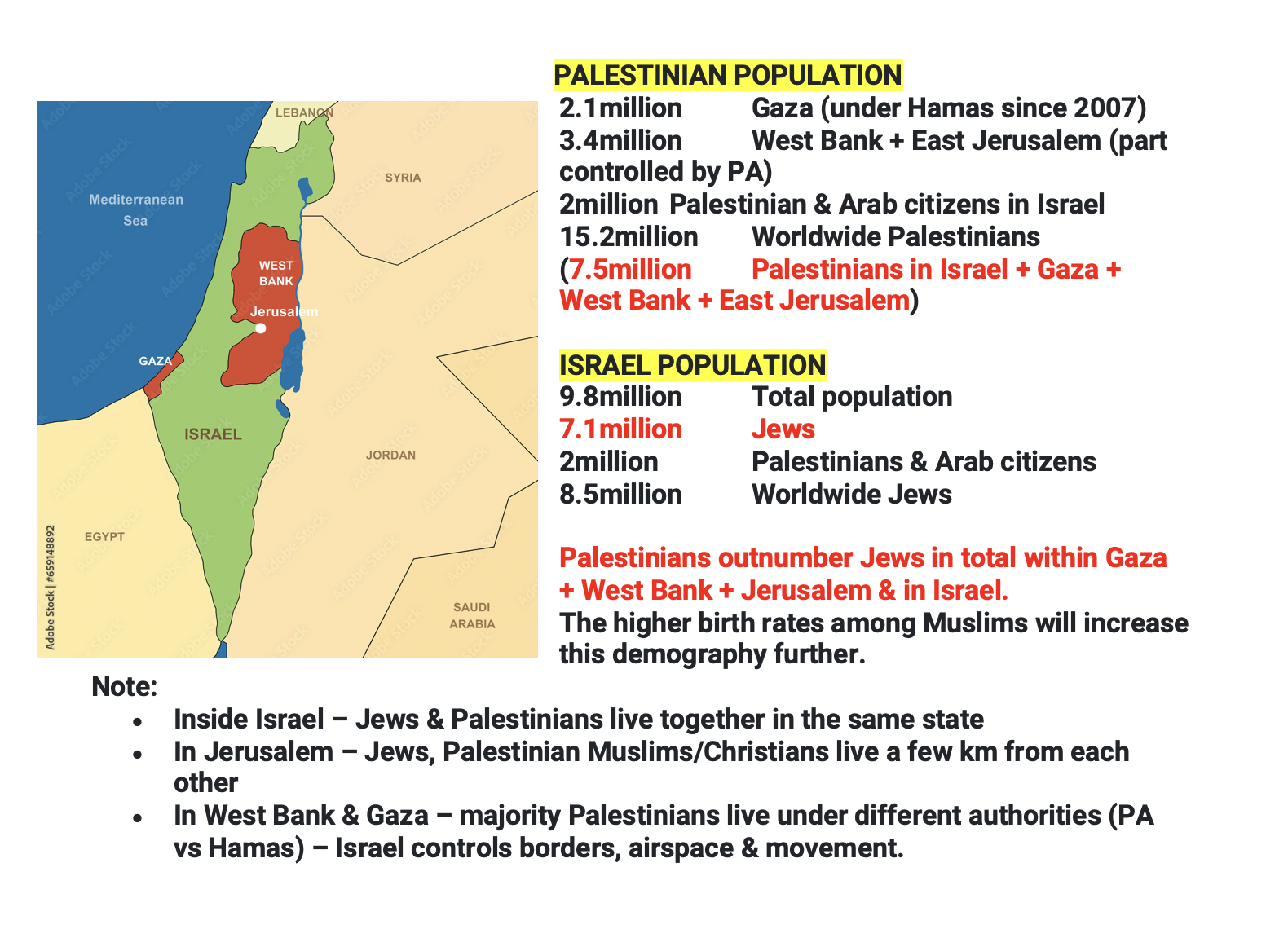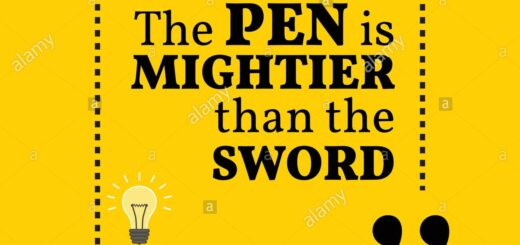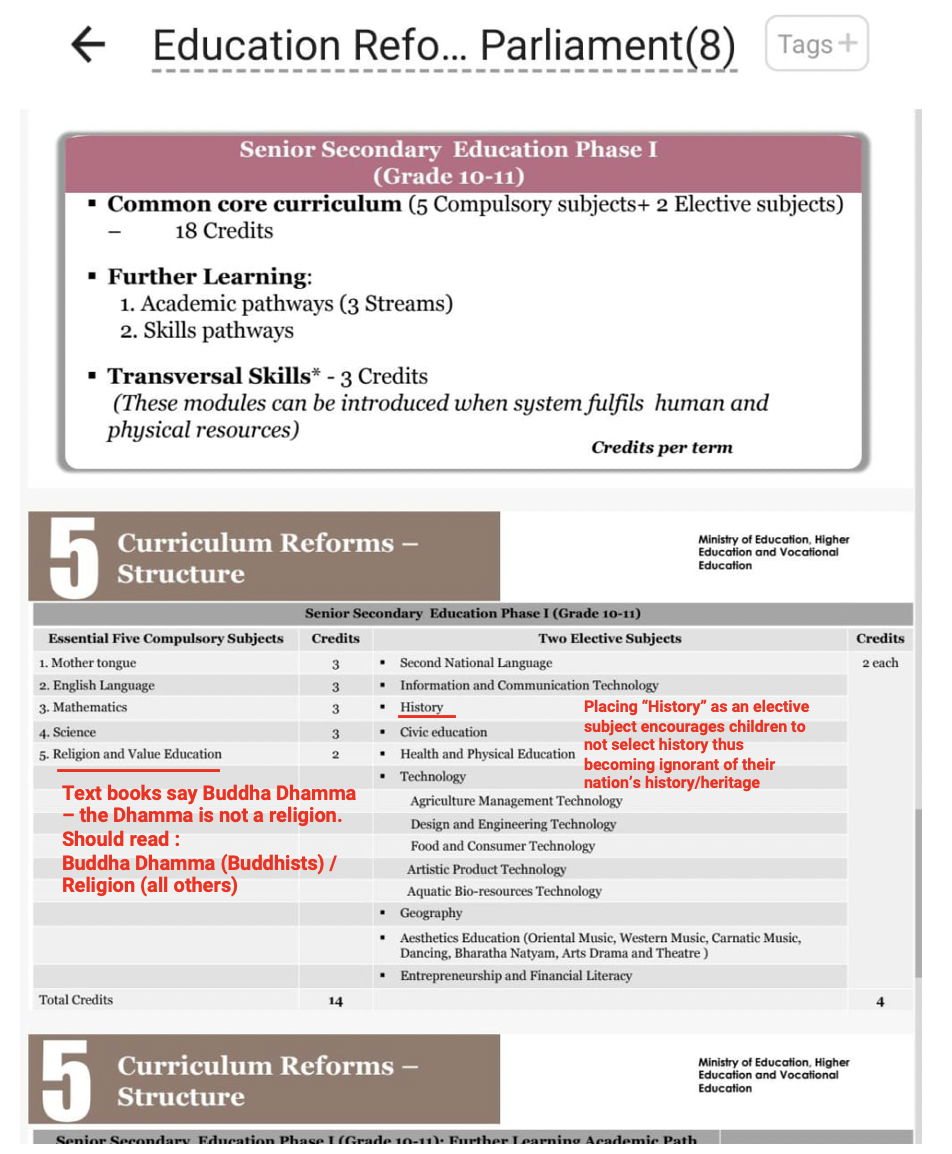Understanding the Israel–Palestine Issue — Q&A for Outsiders

There is an overwhelming amount of information on social media about Israel and Palestine—stories, theories, and opinions that often confuse rather than clarify. Many keyboard campaigners spreading these narratives do not even know where Israel, Palestine, or the Gaza Strip is on a map—and some may struggle to locate their own countries. Because of this, it’s important to set aside what we’ve been fed and start fresh. By answering some fundamental questions below, readers can build a clearer understanding and draw their own informed conclusions.
To make sense of this issue, we must go step by step: first borders, then identities, then Britain’s role, then wars, then modern players, then life today.
Opinions cannot ruin the lives of people.
ARTIFICIAL BORDERS
Section 1: The Roots of the Conflict
Objective: To understand how the modern borders and identities were created, and why today’s disputes exist.
Q1: Why do so many conflicts in the Middle East exist?
A: Because of artificial borders drawn by colonial powers after the Ottoman Empire collapsed.
- Britain and France carved up the Middle East with little regard for history, ethnicity, or religion.
- Modern borders often cut across tribal, religious, and cultural lines — sowing divisions.
- Palestine was one such artificially demarcated region.
“If outside powers drew these borders, should they now decide new ones?”
WHAT OUTSIDERS SHOULD REALLY ASK
Section 2: Identities and Historical Claims
Objective: To clarify who the Jews and Palestinians are, when their identities formed, and whose roots are deeper.
Q2: Who are the Palestinians?
A: Historically, “Palestine” was a geographic region, not a continuous ethnic group.
- Ancient residents of present “Palestine” included Canaanites, Philistines, Hebrews/Jews, Romans, and Arabs.
- Palestinian as a national emerged in the20th century, in reaction to Jewish immigration and the British Mandate policies and political developments at the time.
Q: Are Palestinians indigenous to the land?
A: The land has hosted many peoples — Jews, Christians, Muslims — over millennia. Palestinians are mostly Arabs who settled or lived under Islamic and Ottoman rule.
Their modern national identity as “Palestinian” emerged only in the 20th century
So, while Arabs have long roots in the land, the political identity of “Palestinian people” is relatively recent compared to Jewish historical claims.
Q3: Who coined the name “Palestine”?
A: The Romans in 135 CE, after crushing the Jewish revolt, renamed Judea to “Syria Palaestina” to weaken Jewish ties to the land.
Does this mean the name “Palestine” was never Islamic or Muslim?
Yes.
Q4: What historical claim do Palestinians (through the PLO/PA) have to Gaza, West Bank, and East Jerusalem?
A: Their claim is based on recent residence and 20th-century political identity, not an ancient sovereign state.
Has there ever been a sovereign state called “Palestine”?
No.
The region has long been home to many people from different communities but there was never an independent state called “Palestine”.
Arab communities lived in the area & the modern Palestinian national identity developed from these communities.
Who has rightful claim to Palestine?
- This leaves us with a difficult comparison: a modern 20th-century political identity versus a 3,000-year-old Jewish historical identity.
COLONIAL LEGACY
Section 3: The Role of Britain and the Mandate
Objective: To explain how Britain inherited the land, created contradictions, and left behind the conflict.
Q5: What was the British Mandate on Palestine?
A: After World War I, the Ottoman Empire collapsed, and Britain was given control of Palestine (1920-1948) under the League of Nations.
- Balfour Declaration (1917):
Britain promised a Jewish homeland in Palestine but also promised to protect Arab rights ‚contradiction from the start.
- British control:
Covered the land between the Jordan River and the Mediterranean (today’s Israel, Gaza, West Bank, and East Jerusalem).
- Jewish immigration:
Jews fleeing persecution in Europe (especially in the 1920s-30s) moved to Palestine, leading to tensions with local Arabs.
- Britain’s dilemma:
Could not satisfy both Jewish and Arab demands. Violence increased.
- Withdrawal in 1948:
Britain gave up the Mandate and left. This power vacuum led directly to Israel’s declaration of independence in 1948 and the first Arab-Israeli war.
1948 Arab–Israeli War:
- Neighboring Arab states (Egypt, Jordan, Syria, Lebanon, Iraq) rejected the UN Partition Plan and invaded Israel.
- Outcome:
- Israel defended its territory successfully and expanded beyond the UN-proposed borders.
- Gaza came under Egyptian military administration (not annexed).
- The West Bank was occupied by Jordan and later annexed (recognized by only a few countries).
- Around 700,000 Palestinian Arabs fled or were expelled from areas that became Israel, creating the first major refugee crisis (Nakba).
1967 Six-Day War:
- Egypt, Jordan, and Syria closed the Straits of Tiran, Israel’s shipping route to the Red Sea, effectively blockading Israel.
- Israel launched a defensive strike.
- Outcome:Israel captured Gaza and Sinai from Egypt, the West Bank (including East Jerusalem) from Jordan, and Golan Heights from Syria.
- Israel argues this was self-defense (UN Charter Article 51), but international law does not automatically recognize sovereignty over land acquired by war.
Summary:
Britain inherited Palestine, made conflicting promises, and then left without resolving the conflict, creating conditions for the wars that followed.
Q6: Did Britain create a Palestinian state?
A: No. Britain created administrative control, not a sovereign Palestinian nation.
Q7: Why must Britain hold part of the blame?
A: Because it:
- Drew artificial borders without considering consequences.
- Promised the same land to two groups.
- Withdrew without resolving contradictions.
Q8: Did Israel have the legal right to declare independence in 1948?
A: As per international law and historical rights Israel had a right.
- UN Partition Plan (1947, Resolution 181):
The United Nations proposed dividing the British Mandate into two states — one Jewish, one Arab.
The Jewish leadership accepted the plan; Arab leaders rejected it.
- Britain’s withdrawal (1948):
When Britain ended its mandate, sovereignty over the territory reverted to the inhabitants. Since the Jewish side had accepted the UN plan, they had a legitimate basis to proclaim statehood.
- International recognition:
Within hours of Israel’s declaration (May 14, 1948), major powers such as the United States and the Soviet Union recognized the new state.
- Self-determination:
Jews, as a historic people with continuous ties to the land, had the right to self-determination under international principles.
Summary:
Israel’s independence was legal and recognized.
Arab states rejected the UN plan and then launched a war against Israel.
This is the start of the conflict
If Britain created the problem, should it now dictate the solution?
REGIONAL WARS
Section 4: The Wars and Territories
Objective: To show how Gaza and West Bank came under different rulers,
Q8: Who historically ruled Gaza?
A: Gaza was ruled by dozens of empires from Canaanites & Israelites to Romans, Ottomans & Egyptians. It was — never a sovereign Palestinian state.
- Canaanites & Philistines → Israelite kingdoms → Assyrian, Babylonian, Persian, Greek → Romans, Byzantines → Islamic Caliphates → Ottomans → British Mandate → Egypt (1948–1967) → Israel (1967–2005) → Hamas (2007)
- Muslims ruled Gaza for roughly1,200 of the past 2,500 years, but always as part of larger empires.
Q9: Was Gaza part of British Mandate on Palestine?
A: Yes. After 1948, Egypt occupied Gaza under military rule. Israel captured it in 1967.
Q10: Why did Israel take Gaza in 1967?
A: Egypt made the first move by threatening Israel’s southern border.
Israel captured Gaza in a defensive war for security and strategic depth.
If Gaza was never a Palestinian state, on what basis can it now be claimed?
MODERN PLAYERS: EGYPT, IRAN, HAMAS, PLO, MUSLIM STATES etc
Section 5: Regional & International Actors
Objective: To understand why Muslim nations care, and why Iran/Egypt play roles.
Q11: Who is the PLO (Palestine Liberation Organization)?
A: Formed in 1964, recognized by the Arab League as the “sole representative of the Palestinian people.”
- Founded in 1964 – under Egyptian influence
- Started as a secular, nationalist movement not religious-based.
- Original demand (1960s–1980s):Destruction of Israel, creation of a Palestinian state over the whole land.
- Signed Oslo Accords in 1994 → accepted Israel’s existence,
- Led to creation of the Palestinian Authority (PA).
- Today: still exists, mostly political, dominated by Fatah faction.
- PLO’s Palestinian state is to be made out of West Bank + Gaza.
Q12: What is the Palestinian Authority (PA)?
A: Established in 1994 by the Oslo Accords to govern parts of the West Bank.
- Created in 1994 following Oslo Accords
- Led by Mahmoud Abbas (Fatah).
- Recognized by over 130 UN members as representative of Palestinians.
- Palestinian Authority unlike PLO expanded goalpost to demand as Palestine West Bank + Gaza + East Jerusalem as Palestinian capital.
- Deeply unpopular among Palestinians.
Q13: Who is Hamas?
A: Islamist group founded in 1987, offshoot of the Muslim Brotherhood.
- Seized Gaza in 2007 after fighting with Fatah/PA.
- Considered an Islamist terrorist organization by Israel, US, EU, UK, and others.
- Seeks destruction of Israel; runs Gaza with authoritarian rule.
- Demands an Islamic Palestinian state (all of Israel + West Bank + Gaza)
- Opposes peace deals signed by PLO/PA
- Muslim Brotherhood was founded in Egypt in 1928 by Hassan al-Banna to create a modern Islamic caliphate & Sharia law & aspired to spread ideology across the Arab world. Hamas is an offshoot of this ideology.
- That way, the reader first learns who the Palestinian groups are, then immediately understands why Hamas is ideologically different.
PLO → shifted from total rejection to two-state compromise.
PA → follows PLO line, works diplomatically.
Hamas → refuses compromise, pursues total elimination of Israel.
So even within the “Palestinian side,” there is no single voice — which is one reason peace negotiations fail.
- PLO:Secular, WB+Gaza
- PA:Secular/diplomatic, WB+Gaza+East Jerusalem
- Hamas:Islamist, wants all Israel gone
Q14: Are all Muslim nations opposed to Israel?
A: No.
- Egypt (1979): Camp David Accords → peace treaty.
- Jordan (1994): Peace treaty.
- UAE & Bahrain (2020): Abraham Accords (normalization).
- Morocco & Sudan (2020): Normalization.
- Saudi Arabia (2025): engaged in diplomatic talks with Israel.
Q15: Why do many Muslim nations consider Israel a threat?
A: Israel’s existence challenges the Islamic narrative that once land becomes Muslim, it must remain Muslim.
Q16: What is Egypt’s stand?
A: Egypt signed peace with Israel but does not want responsibility for Gaza.
It supports Palestinian statehood diplomatically but keeps its border (Rafah crossing) tightly controlled from Palestinians.
Q17: How did Iran get involved?
- Pre-1979: Shah’s Iran was friendly with Israel.
- Post-1979 Revolution: Iran adopted an anti-Israel stance.
- Supports Hamas, Palestinian Islamic Jihad, Hezbollah.
Iran funds Palestinian groups but does not host Palestinian refugees itself — showing support is more ideological than humanitarian
If even Arab neighbors avoid absorbing Gaza, why does Iran champion it from afar?
THE PRESENT:
Section 6: Life on the Ground
Objective: To contrast myths with realities of daily life and demographics.
Q18: How many Muslims live in Israel, and how is their life?
A: About 18% of Israel’s population are Muslim Arabs.
- Over400 mosques in Israel.
- Muslims serve in parliament, courts, hospitals, universities.
- They enjoy rights unavailable in many Arab states.
There are 18% Muslims in Israel, over 400 mosques, and representation in parliament — far more freedoms than Palestinians enjoy under Hamas in Gaza
Q19: Do Gaza and West Bank connect geographically?
A: No.
- Gaza is a coastal strip in the southwest.
- West Bank is landlocked, near Jordan.
- Separated by ~70 km of Israeli territory.
- The above locations make a single Palestinian state geographically difficult.
This separation makes the idea of one Palestinian state logistically and politically complicated.
Can a divided land with two rival rulers (Hamas in Gaza, PA in West Bank) both seeking different areas to declare as Palestine truly become one state?
Section 7: The Core Questions
Objective: For us outsiders, there is much to think about. So many contradictions and confusions to explore.
Faults by Israel
- Settlement Expansion
- Fact:Israel has built settlements in the West Bank and East Jerusalem since 1967.
- Legal perspective:The UN, EU, and International Court of Justice consider these settlements a violation of the Fourth Geneva Convention.
Israel disputes this, citing historical and security claims.
- Military Actions Causing Civilian Casualties
- Fact:Multiple conflicts (e.g., Gaza wars in 2008–09, 2012, 2014, 2021) resulted in civilian casualties. UN reports and NGOs (Amnesty, Human Rights Watch) document deaths and injuries among civilians.
- Israel’s position:Claims military operations target militants; civilian casualties are unintended.
- Blockades & Restrictions
- Fact:Since 2007, Israel has imposed a land, air, and sea blockade on Gaza citing security reasons (Hamas control, rocket attacks).
Egypt enforces a similar blockade at its border.
- Impact:Limits imports, exports, and freedom of movement, affecting healthcare, jobs, and infrastructure.
Faults by Palestinian Actors
- Hamas & Other Militants:
- Launching rockets into Israel targeting civilians.
- Using civilian areas in Gaza for military purposes, endangering residents.
- Internal Divisions:
- Rivalry between Hamas (Gaza) and PA/Fatah (West Bank) weakens governance and negotiation credibility.
- Refusal of Recognized Peace Deals:
- Hamas rejects two-state solutions and prior agreements (Oslo Accords), prolonging conflict.
- PLO/PA Mismanagement:
- Corruption and poor governance in Palestinian territories reduce public trust and hinder development.
Faults by Other Regional & International Actors
- Britain:
- Created conflicting promises (Balfour Declaration vs. Arab rights).
- Drew artificial borders without considering consequences.
- Withdrew without resolving tensions.
- Neighboring Arab Nations:
- Invaded Israel in 1948 despite UN Partition Plan acceptance by Jews, escalating war.
- Avoided taking Palestinian refugees, leaving Israel and Gaza to bear the burden.
- Iran:
- Supports Hamas, Palestinian Islamic Jihad, and Hezbollah militarily, prolonging conflict.
- Western Powers (EU, UN, US at times):
- Support for Palestinian nationalism without addressing internal Palestinian divisions or terrorism.
- Amplify media narratives that encourage polarization.
Q20: What problems would arise if a Palestinian state were created now?
- Rival factions (Hamas vs PA).
- Divided geography (Gaza located in one place, West Bank in another)
- Security threats to Israel.
- Refugee return demands destabilizing Israel.
Q21 Who keeps pushing the Palestinian cause internationally?
- Britain, EU nations, UN bodies, sections of Western media.
- Irony: these same powers face Muslim migrant challenges at home but still side with Palestinian nationalism abroad.
Q22: Why do people who never lived in the region care more than the people living in these conflict areas?
A: Because outsiders consume media narratives, not history.
If those living side by side often coexist, why do outsiders thousands of miles away inflame division?
Is the issue truly about Palestine, or about outside powers using Palestine as a tool?
HOW INTERNATIONAL PLAYERS & MEDIA DISTORTS THE DEBATE
- Colonial-era policy mistakes (Britain/France):
Conflicting promises and artificial borders created a structural problem.
- Diplomatic double-standards:
Some Western states have at times applied inconsistent criteria for conflicts, deepening polarization.
- Media & social platforms:
Selective reporting, sensationalism, disinformation, and misinformation have radicalized public opinion.
Readers should search for facts themselves before accepting viral takes.
For those of us outside, the lesson is simple: colonial powers created this mess.
They should not dictate new lines.
Only Israelis and Palestinians living on the land can and should find a way forward.
QUESTIONS THE WORLD SHOULD ASK ITSELF
If you can answer the below questions from the facts above – you can arrive at your own conclusion.
- Who has lived in the land for thousands of years?
- Which identity is mostly recent and political?
- Who came first: Jews, Christians, Muslims?
- Who lives in West Bank, Gaza, East Jerusalem today?
- How do security and population numbers affect claims?
- What does archaeology tell us about real claims?
- What are the lessons from Kosovo/South Sudan on new states?
- Based on history, law, and security, whose claims make sense?
What should matter more – ancient connection & roots, continuous sovereignty or will of contemporary inhabitants?
If outside powers created the problem, why should they be the ones to prescribe the solution?
This mirrors Sri Lanka’s problem with settler colonialism and separatism — another conflict seeded by British policies.
The lesson is clear: the creators of problems should not dictate today’s solutions.
The Israel–Palestine issue is not simple — but history & archaeology must be given priority not modern nomenclatures for political objectives.
Colonial powers & their divisive policies and artificial borders must be exposed.
These architects must have no say in any solutions.
Terror groups, their affiliates or their supporters cannot ever be allowed to dictate any solutions.
The world must realize — we are stronger together than divided.
History should guide us toward coexistence, not endless conflict.
People cannot be divided by lines.
All of the present-day conflicts are due to artificially drawn lines.
The same mistake cannot be continued.
Such artificial border solutions should never be advocated in modern times.
Shenali D Waduge







